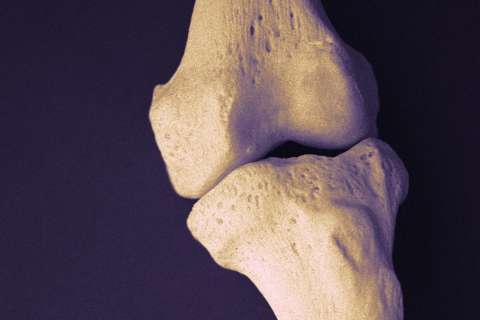hope that, in the midst of it all, you were able to take a moment to relax and unwind. Meanwhile, our inboxes are brimming, so we’ll dive right in.
-- We continue to get mail about a column that discussed nasal irrigation. A reader from Florida, who has been managing a sinus condition for many years, shared his approach. “I am 80 years old, with consistent nasal problems. About 20 years ago, I was told to try Alkalol, a nose spray,” he wrote. “I also spray saline during the daytime. This has worked wonders for my sinus conditions. What are your thoughts on these?” You’re following a regimen that has long been used to ease sinus issues that do not arise from infection. None of the ingredients are habit-forming, and all are safe for long-term use. For those who aren’t familiar, Alkalol Nasal Wash is an over-the-counter product. The active ingredients are salt, sodium bicarbonate and alum. It also contains natural extracts, including eucalyptol and menthol. The combination of saline, alum and sodium bicarbonate is effective at thinning existing mucus, clearing nasal secretions, reducing inflammation and keeping the delicate nasal tissues moist.
-- In response to a recent column about the adverse effect of highly processed foods on blood sugar control, we heard from a reader who took decisive action. “After my doctor told me she wanted to put me on diabetic medication, I stopped all junk food cold turkey. No more sodas, chips, cookies, candy or frozen or fast foods,” she wrote. “I found some good substitutes and really stuck to it. I lost 65 pounds and my A1C came down, so I don't have to take medication. If I could do it, anyone can.” Congratulations on the important steps you took to manage your health. It takes focus and discipline to ease junk food out of the diet. Kudos to your doctor, as well, for giving you time to manage your blood sugar with behavioral changes rather than insisting on immediate medication. Thank you for sharing your story.

-- A reader from Oklahoma finds herself dealing with excess gas in older age. “As I have moved into my 80s, I sometimes unexpectedly pass gas in public,” she wrote. “I do eat grains as part of my healthy diet, and I know they can cause gas. Any tips?” You’re correct that high-fiber foods can lead to flatulence, particularly in older adults. Aging can also cause the internal sphincter to weaken and allow uncontrolled flatulence. If you are willing to change your diet, you can explore alternative fiber sources that your body might better tolerate. Kegel exercises, in which you flex and release the muscles of the pelvic floor, can also build muscle tone and be helpful for flatulence.
Thank you, as always, for taking the time to write to us. We look forward to hearing from more of you, and to chatting with you again in the reader letters column next month.
(Send your questions to [email protected], or write: Ask the Doctors, c/o UCLA Health Sciences Media Relations, 10960 Wilshire Blvd., Suite 1955, Los Angeles, CA, 90024. Owing to the volume of mail, personal replies cannot be provided.)



